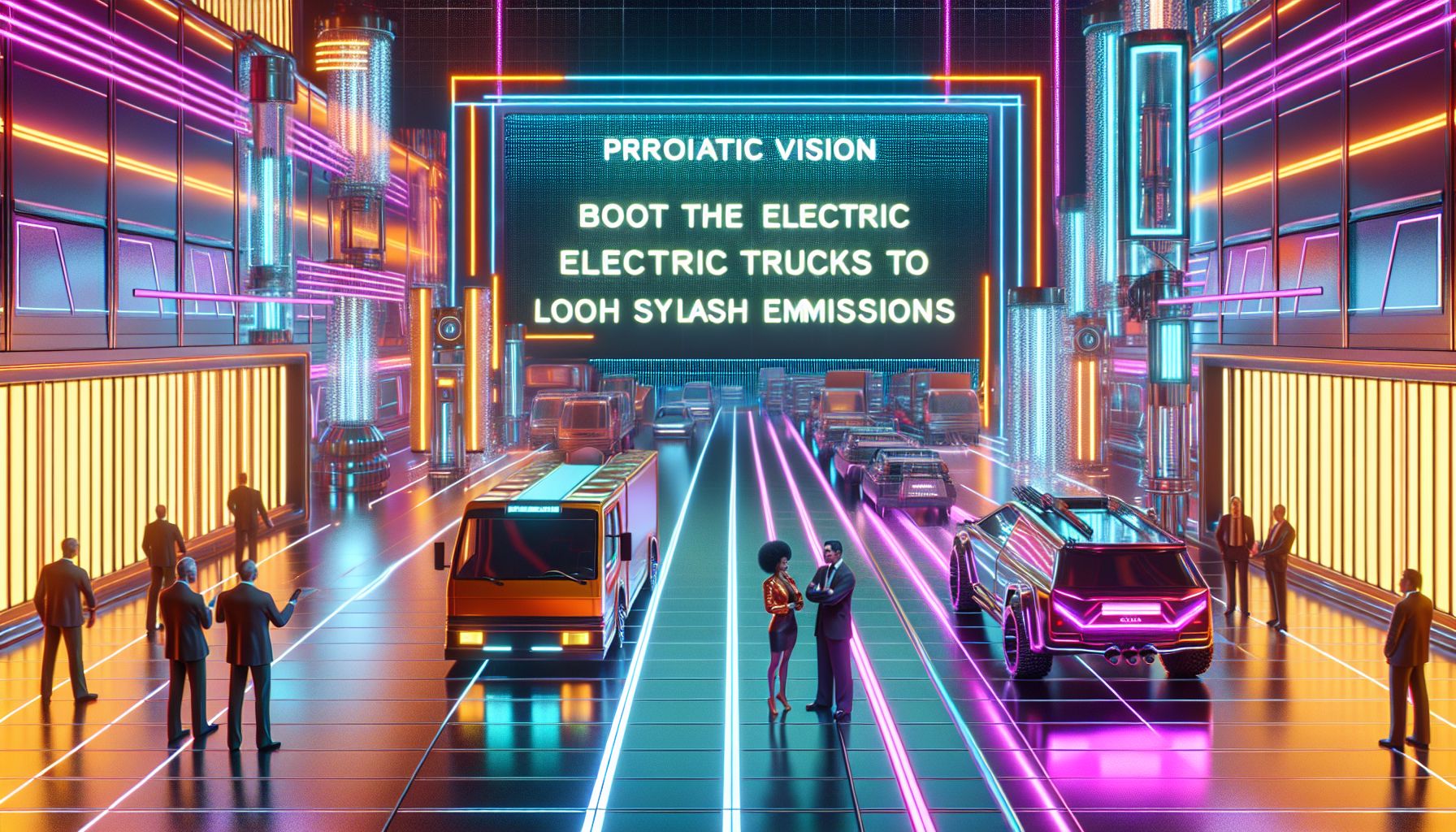Why Economists Champion Electric Over Hydrogen for Trucks

Paris, Wednesday, 2 April 2025.
Economists from France and Germany propose prioritising electric trucks over hydrogen to slash emissions. Their unified approach aims to boost Europe’s zero-emission transport. It’s a charged debate worth tuning into!
The Urgent Need for Change
Let me put this in perspective: transportation currently accounts for a staggering 24% of global CO2 emissions, with road transport responsible for 75% of that share [2]. As we face this massive challenge, I’m particularly excited about today’s groundbreaking announcement from leading European economists.
A United Economic Vision
The French CAE and German Council of Economic Experts have joined forces with a crystal-clear message: battery-electric trucks represent the most mature and market-ready technology for road freight transport [1]. This declaration, signed by prominent figures including Monika Schnitzer and Camille Landais, marks a decisive shift in European transport strategy [1].
Infrastructure: The Key to Success
I find it fascinating how the economists have laid out a practical roadmap. Their primary recommendation focuses on accelerating the roll-out of fast-charging networks along major corridors and private depots [1]. This infrastructure-first approach aligns perfectly with recent research showing that strict environmental regulations consistently reduce emissions across all sectors [2].
The Promise of Electric Future
The timing couldn’t be better. Studies indicate that reinforcing low-carbon scenarios could slash energy use and pollutant emissions by up to 72% by 2035 [2]. This potential for dramatic reduction aligns perfectly with the urgency of meeting Paris Agreement targets [2].
Notable Resistance
I must point out an interesting twist: Veronika Grimm, who sits on the National Hydrogen Council, notably signed this appeal despite her council’s commitment to promoting hydrogen trucks [1]. This shows how compelling the evidence for battery-electric vehicles has become, even among traditional hydrogen advocates.